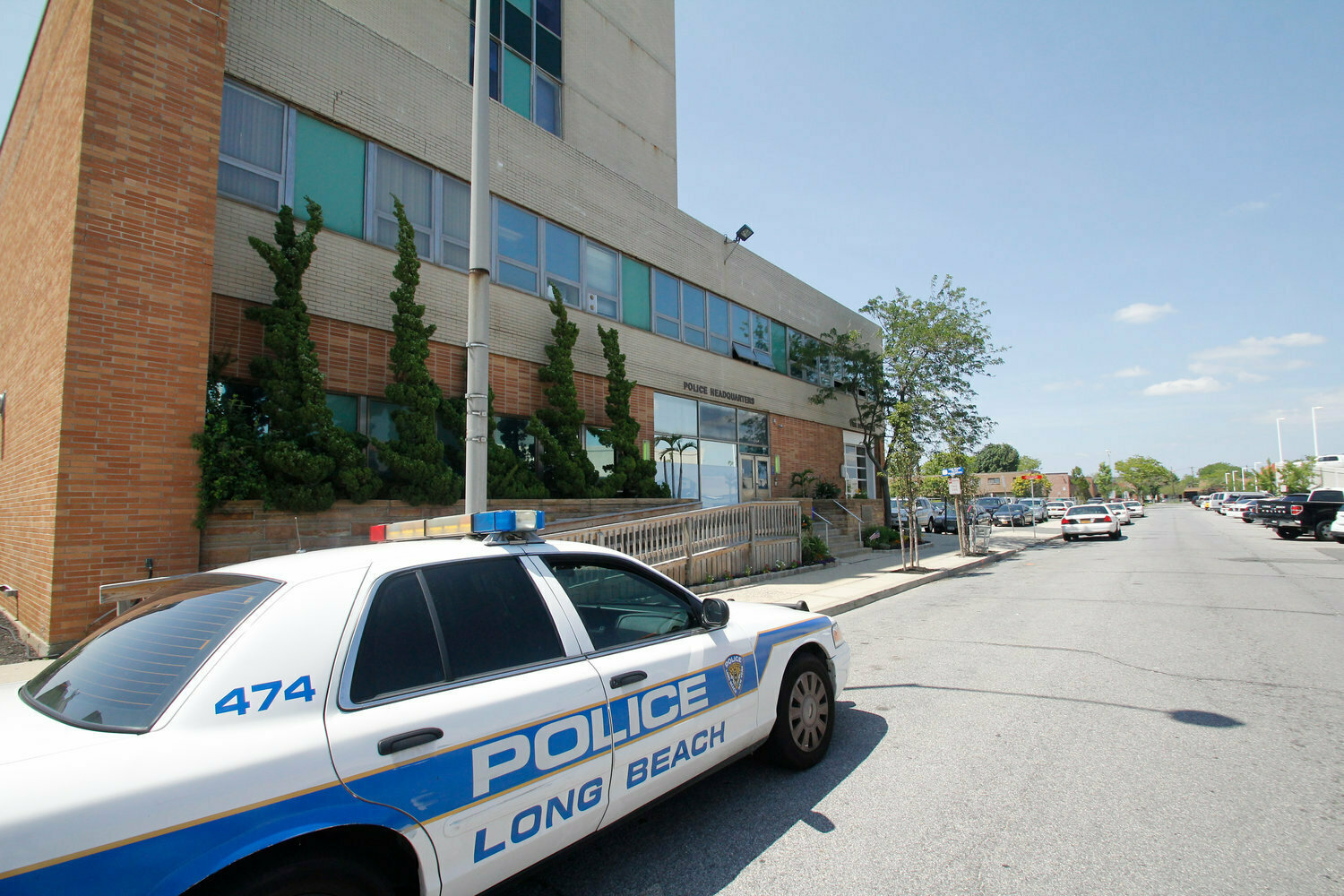These two ordinances were passed by City Council
Nobody likes traffic tickets. Everyone loves vacations. Both were on the City Council’s agenda Tuesday night.
The council discussed two new ordinances, the first aiming to amend the city’s personnel code, specifically impacting employees who are not covered by union agreements.
So-called exempt employees, who include managers and commissioners, currently accrue up to 50 vacation days. The new ordinance would align their benefits with those negotiated in the collective bargaining agreement for unionized employees in the Civil Service Employees Association, allowing them to accrue as many as 80 vacation days. It would also adjust the payout for those vacation days upon termination or retirement from 50 to 80 days.
Councilman John Bendo expressed concerns about the revisions, and their financial implications.
“Outside of government, most vacation is you use it or you lose it,” Bendo said. “You don’t get to roll it over for indefinite periods of time or have months of it. And that’s just a perk of working for government, because it used to be that was the offset (for) the lower compensation maybe government employees received.
“But again, my job is also not (just) to make sure our exempts are taken care of, but that the taxpayers are represented as well,” Bendo added. “And I don’t think this should be in here. This should be a separate issue addressed separately. So for that reason on this, I’m going to vote ‘no,’ because I don’t think it’s in the taxpayers’ interest.”
The purpose of the ordinance is to correct past discrepancies and ensure that all employees are treated equitably. Any future changes in the CSEA contract, which is in effect through 2025, will automatically apply to exempt as well as non-exempt employees, maintaining consistency in benefits.
Ultimately, the amendment was adopted by a vote of 4-1, with Bendo alone in his opposition.
“Our men and women who run the city work very hard,” Council President Brendan Finn said. “I don’t view this as a payout. It’s earned time. Good employees lead to a good city.”
The second ordinance, introduced primarily as a response to the proliferation of e-bikes in the city and their unauthorized use on the boardwalk and sidewalks, will significantly increase fines for their riders, as well as for motor vehicle and traffic violations. The minimum fine — applicable to any of the above — will increase from $2 to $50, and the maximum fine will rise from $250 to $500.
Council members and attendees expressed a range of views on the proposal. Some argued that increasing fines without adequate enforcement would not solve the e-bike problem.
The city plans to increase enforcement efforts, which will include educating the public about the rules before issuing fines.
Acting Police Commissioner Rich DePalma acknowledged challenges in enforcing e-bike regulations because of their speed, and requested additional resources, such as e-bikes for officers, to enhance their enforcement capabilities.
Public suggestions included implementing speed limits on the boardwalk, using electronic signs to display riders’ speeds, and increasing public awareness of the new regulations.
“We need safe routes where people can ride without fearing for their safety,” resident Christina Kramer said. “How do we not have that? We can do better with white lines, little dotted lines, and clear signage to guide cyclists.”
Councilman Roy Lester voiced his opposition to the ordinance, arguing that the new fines were excessive, and would not solve the underlying problem of increasingly unsafe bike lanes.
“Now, let’s just take in front of Hollywood (Fitness) — that sidewalk is about 30 feet wide, something like that,” Lester said. “But if you ride your bike there instead of riding it on Park Avenue . . . you’re entitled to be fined $500. That doesn’t solve the problem. We have a problem here. This is not solving it.”
Despite Lester’s concerns, other council members supported the increase, highlighting the need for a multifaceted approach, combining higher fines, increased enforcement and public education to effectively address the issue.
The City Council voted to approve the increased traffic fines, all voting for it except Lester. The majority of the council said they believed that stronger enforcement measures were essential to protect pedestrians and maintain order on the city’s sidewalks.
Both ordinances took effect immediately.






